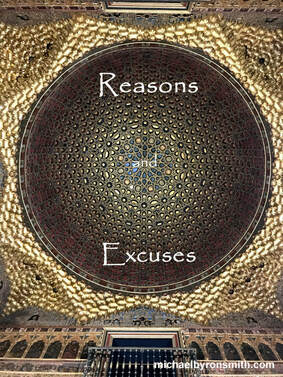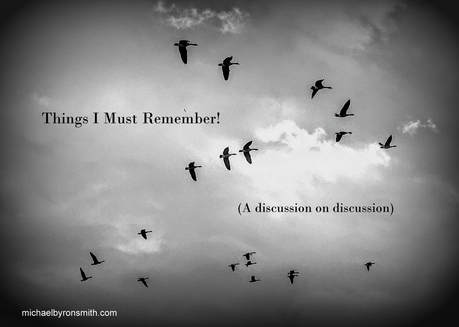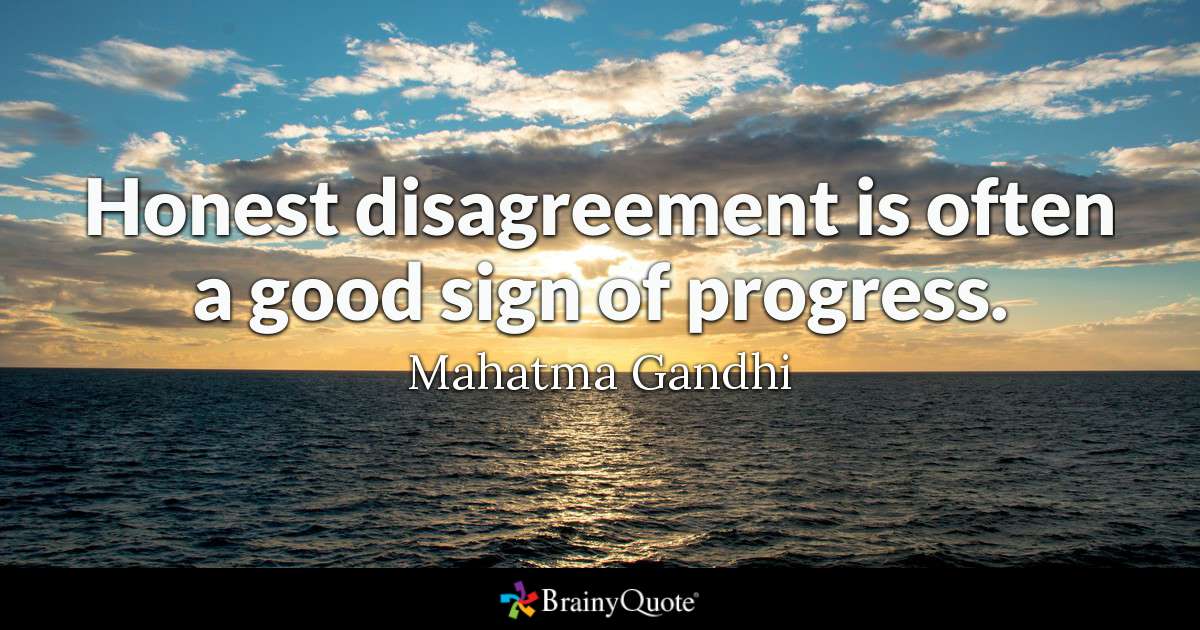
- Maybe you don't think you were, or are, wrong
- Perhaps you are angry enough not to care
- It could be you are embarrassed
- You don't want to open old wounds or possible ignite a renewed argument
- It's possible you just don't know how to say the words
Yes, the excuses are numerous. What we don't do is consider the positive aspects of saying, "I'm sorry", and there are many.
- Often, a weight is lifted allowing you to move on
- Your admission is a real sign of maturity
- It takes away someone's anger towards you
- It will enable openings for those you say sorry to you, returning the courtesy by your example
- Even if you don't think you were wrong, saying sorry says you don't think a particular issue is worth having hard feelings.
Perhaps one of the reasons adults have a problem with saying they are sorry is because they never learned how or why to do so as children. Sure, when a child does something inappropriate to another, parents will tell them to "say you’re sorry", and they will most of the time. Young children just want to get out of trouble; they aren’t concerned about a weight being lifted and are not apt to act maturely. As adults, we need to forget our childish ways and weigh the situation, apologizing if appropriate. But that doesn’t mean we should always apologize, because there are good reasons not to do so. For instance,
- An apology is not in order when no wrong has taken place, even if someone else thinks so
- A weak apology is like no apology
- An insincere apology for deception is unethical and harmful
In a sappy movie from my youth, there was a line, “Love means never having to say you’re sorry.” I never knew what that was supposed to mean. To me, love means saying you’re sorry, especially when you love someone you may have hurt. Having said all this, I know I may pass up opportunities to say I’m sorry when I should. I’ve been there, and so have you. It is difficult sometimes. Maybe, however, having thought about it and writing it down, there is a better chance I will do the right thing in the future. I hope so! I know one thing, I’m not sorry for writing this.















